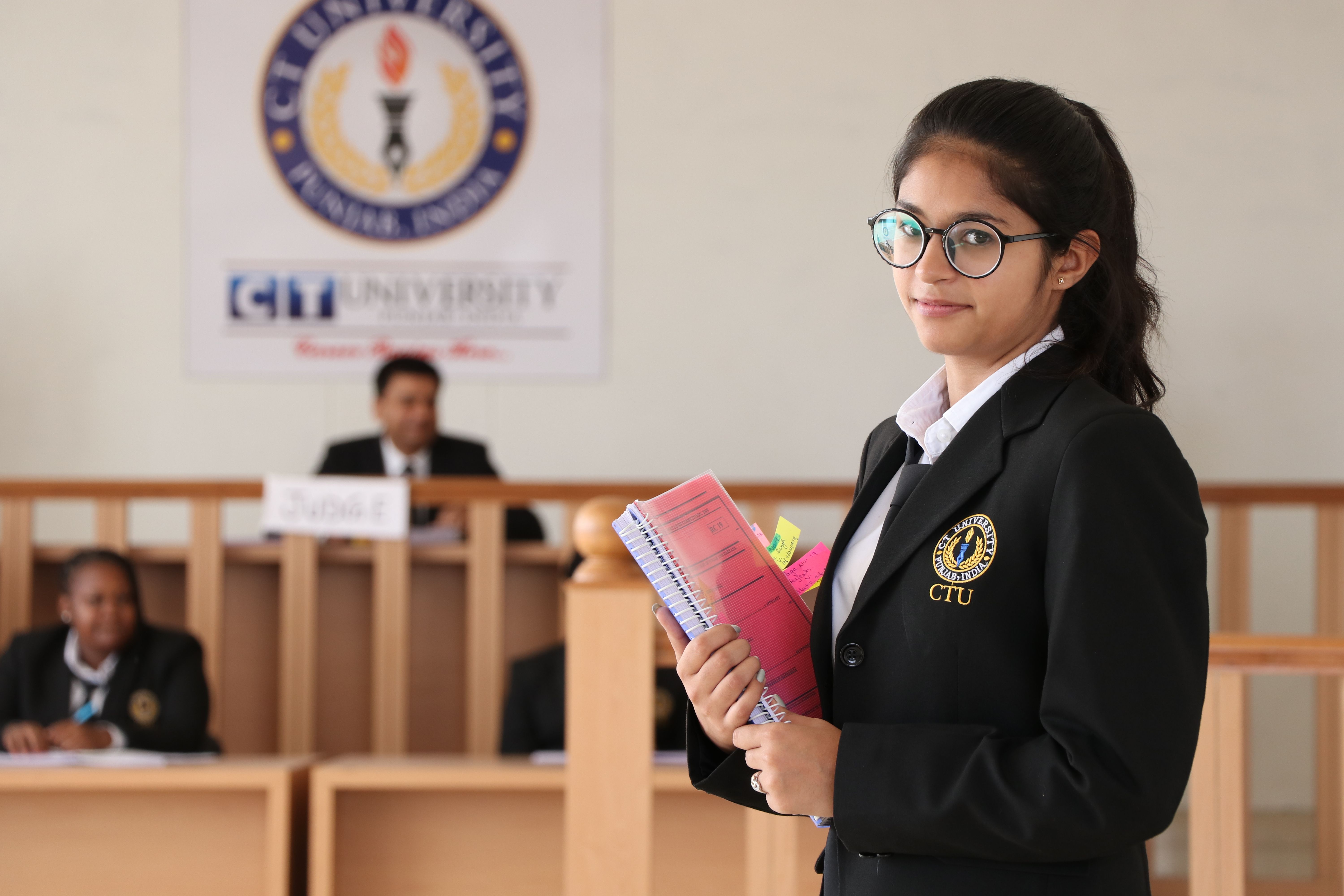Student development events in a university are essential for the holistic growth and well-being of students. These events provide opportunities for personal, academic, and social development outside the classroom. Here are some types of student development events commonly organized in universities:
1. Orientation Week: This is often the first event for new students. It helps them get acclimated to the campus, meet their peers, and understand the university's policies and resources.
2. Leadership Workshops: Workshops on leadership skills, effective communication, and teamwork can help students develop soft skills and become more confident leaders.
3. Career Development Seminars: These events focus on resume building, interview skills, and networking, helping students prepare for internships and job opportunities.
4. Cultural and Diversity Celebrations: Events that celebrate the diverse cultures and backgrounds of students can promote inclusion and understanding.
5. Health and Wellness Workshops: Sessions on physical and mental health, stress management, and well-being can help students manage the challenges of university life.
6. Financial Literacy Programs: Teach students about budgeting, financial planning, and student loans to help them make informed financial decisions.
7. Volunteer and Service Opportunities: Encourage students to get involved in community service and volunteer work. These activities help them develop a sense of social responsibility and empathy.
8. Academic Workshops: Provide sessions on study skills, time management, and exam preparation to enhance students' academic success.
9. Guest Speaker Series: Invite experts, alumni, or prominent individuals to speak on various topics, inspiring students and providing valuable insights.
10. Sports and Fitness Events: Promote physical health and well-being by organizing sports tournaments, fitness challenges, and wellness classes.
11. Arts and Culture Exhibitions: Showcase student talents in areas like music, dance, art, and drama, encouraging creative expression.
12. Entrepreneurship and Innovation Competitions: Foster an entrepreneurial spirit by organizing competitions that allow students to pitch ideas or start their ventures.
13. Academic Conferences: Provide opportunities for students to present their research or attend conferences to learn about the latest developments in their field.
14. Networking Events: Host mixers, alumni gatherings, and career fairs to connect students with potential employers and mentors.
15. Mental Health Awareness Events: Raise awareness about mental health issues and provide resources for seeking help when needed.
16. International Education and Study Abroad Fairs: Help students explore international study and exchange opportunities.
17. Hackathons and Coding Competitions: Encourage innovation and problem-solving in the technology and computer science fields.
18. Sustainability and Environmental Events: Promote awareness and action in sustainability and eco-friendly practices.
19. Debate and Public Speaking Competitions: Foster critical thinking and effective communication skills.
20. Community Building Activities: Social events, such as ice cream socials, movie nights, or game nights, help students connect and build friendships.
21. Peer Mentoring Programs: Connect upperclassmen with freshmen to provide guidance and support in their academic and personal journey.
22. Student Club and Organization Fairs: Allow students to explore and join various clubs and organizations on campus.

My experience at CTU has been tremendously good.
This is a good University. Our university provides holistic education. The infrastructure and facilities of our university is quite good.
The co-operation and attentiveness of tutors didn’t make me feel that I was studying online, and we attended many interactive sessions and seminars conducted.